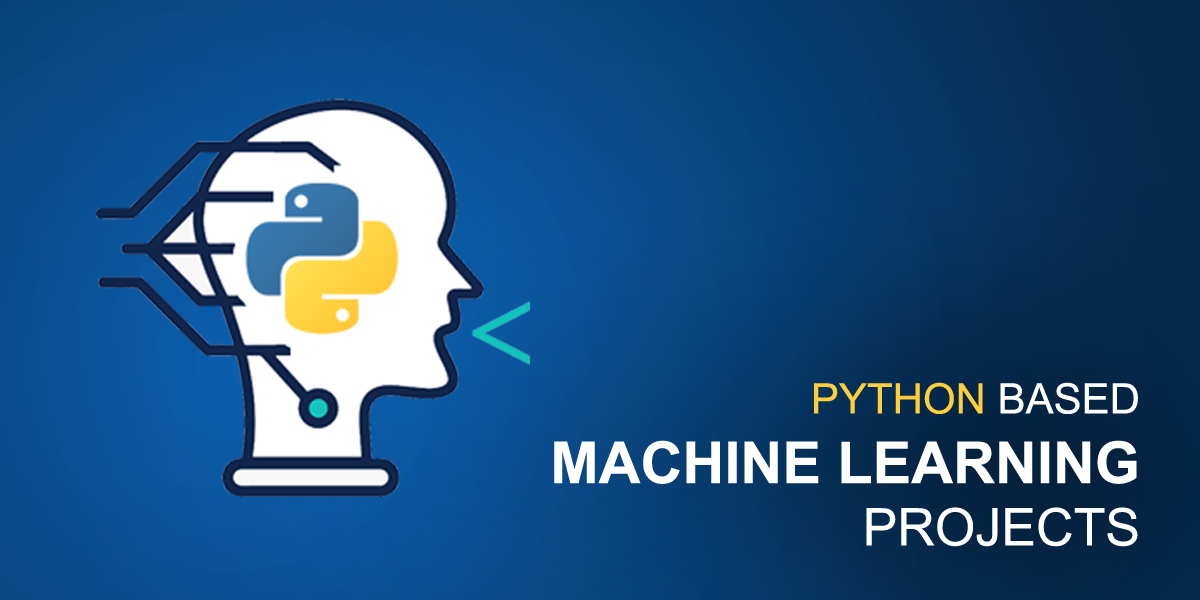
Contents
Real-Time Matrix Retrieval Using a High-Performance Index
Abstract:
The technique of “embedding” in machine learning has greatly influenced data representation, enabling the representation of various real-world objects using matrices, such as words in documents, images, and audio. With the continuous generation of data represented by matrices, there is a growing need for efficient retrieval and real-time query answering. To address this need, we propose a high-performance index specifically designed for real-time matrix retrieval. The index not only ensures fast query response but also supports real-time insertion by leveraging the log-structured merge-tree (LSM-tree) approach. We introduce precise and fuzzy inverted lists, along with a series of novel techniques, including vector signature, vector residual sorting, hashing-based lookup, and dictionary initialization, to improve memory consumption and search efficiency. Experimental results demonstrate that our proposed index outperforms state-of-the-art methods in terms of time and memory efficiency, making it suitable for real-time search on matrices.
Introduction:
The technique of embedding has revolutionized data representation in machine learning. By representing real-world objects using matrices, embedding has enabled significant advancements in various domains, such as natural language processing, computer vision, and audio analysis. As the generation of data represented by matrices continues to increase, efficient retrieval and real-time query answering have become critical challenges. This project focuses on developing a high-performance index tailored specifically for real-time matrix retrieval.
Objectives:
The primary objective of this project is to design and implement a high-performance index that can efficiently handle real-time matrix retrieval tasks. The specific objectives include:
- Developing an index that ensures fast query response for real-time applications.
- Enabling real-time insertion of continuously generated matrices by leveraging LSM-tree.
- Addressing the memory consumption and search efficiency challenges associated with matrix-based indexing.
- Introducing precise and fuzzy inverted lists to enhance retrieval accuracy.
- Designing novel techniques, such as vector signature, vector residual sorting, hashing-based lookup, and dictionary initialization, to improve memory consumption and search efficiency.
- Evaluating the proposed index against state-of-the-art methods through comprehensive experiments.
Existing Work:
Several approaches exist for indexing and retrieving matrices, but they often lack the efficiency and real-time capabilities required for contemporary applications. Traditional indexes for information retrieval are not optimized for matrix-based data representation, leading to increased memory consumption and longer search times. Existing research in this field has explored various indexing techniques, but there is still a need for a high-performance index that can handle real-time matrix retrieval efficiently.
Future Work:
In future work, we aim to expand the capabilities of the proposed index by considering additional factors such as scalability, fault tolerance, and support for distributed systems. These extensions will enable the index to handle large-scale matrix datasets, ensure high availability, and cater to the needs of modern distributed applications. Moreover, exploring different indexing structures and optimization strategies could further enhance the efficiency and effectiveness of real-time matrix retrieval.
Advantages:
The proposed high-performance index offers several advantages:
- Fast query response: The index is designed to provide real-time query answering, making it suitable for time-critical applications.
- Real-time insertion: The index supports real-time insertion of continuously generated matrices, ensuring up-to-date retrieval capabilities.
- Reduced memory consumption: The index incorporates precise and fuzzy inverted lists, along with innovative techniques, to improve memory efficiency.
- Enhanced search efficiency: Techniques like vector signature, vector residual sorting, hashing-based lookup, and dictionary initialization contribute to faster and more accurate search operations.
- Improved retrieval quality: The index guarantees high-quality retrieval results by leveraging advanced techniques and optimization strategies.
Conclusion:
This project proposes a high-performance index specifically tailored for real-time matrix retrieval. By addressing the
unique challenges posed by matrices, such as increased memory consumption and longer search times, our index offers efficient and real-time query answering capabilities. Leveraging the log-structured merge-tree approach, it supports real-time insertion of continuously generated matrices, ensuring up-to-date retrieval capabilities.
To enhance memory efficiency and search performance, we introduce precise and fuzzy inverted lists, along with a series of innovative techniques. These techniques, including vector signature, vector residual sorting, hashing-based lookup, and dictionary initialization, contribute to faster and more accurate search operations. Through comprehensive experimental evaluations, we have demonstrated that our proposed index outperforms state-of-the-art methods in terms of time and memory efficiency, making it a viable solution for real-time matrix retrieval.
In the future, we plan to expand the capabilities of the index by considering factors such as scalability, fault tolerance, and support for distributed systems. By incorporating these extensions, we aim to enable the index to handle large-scale matrix datasets, ensure high availability, and cater to the needs of modern distributed applications. Additionally, exploring different indexing structures and optimization strategies will further enhance the efficiency and effectiveness of real-time matrix retrieval.
In conclusion, our high-performance index for real-time matrix retrieval offers significant advantages in terms of fast query response, real-time insertion support, reduced memory consumption, enhanced search efficiency, and improved retrieval quality. By addressing the limitations of existing approaches and introducing innovative techniques, this project contributes to the development of efficient indexing methods for real-time matrix retrieval, benefiting various applications that require real-time query answering and management of continuously generated matrix data.
Note: Please discuss with our team before submitting this abstract to the college. This Abstract or Synopsis varies based on student project requirements.
Did you like this final year project?
To download this project Code with thesis report and project training... Click Here


